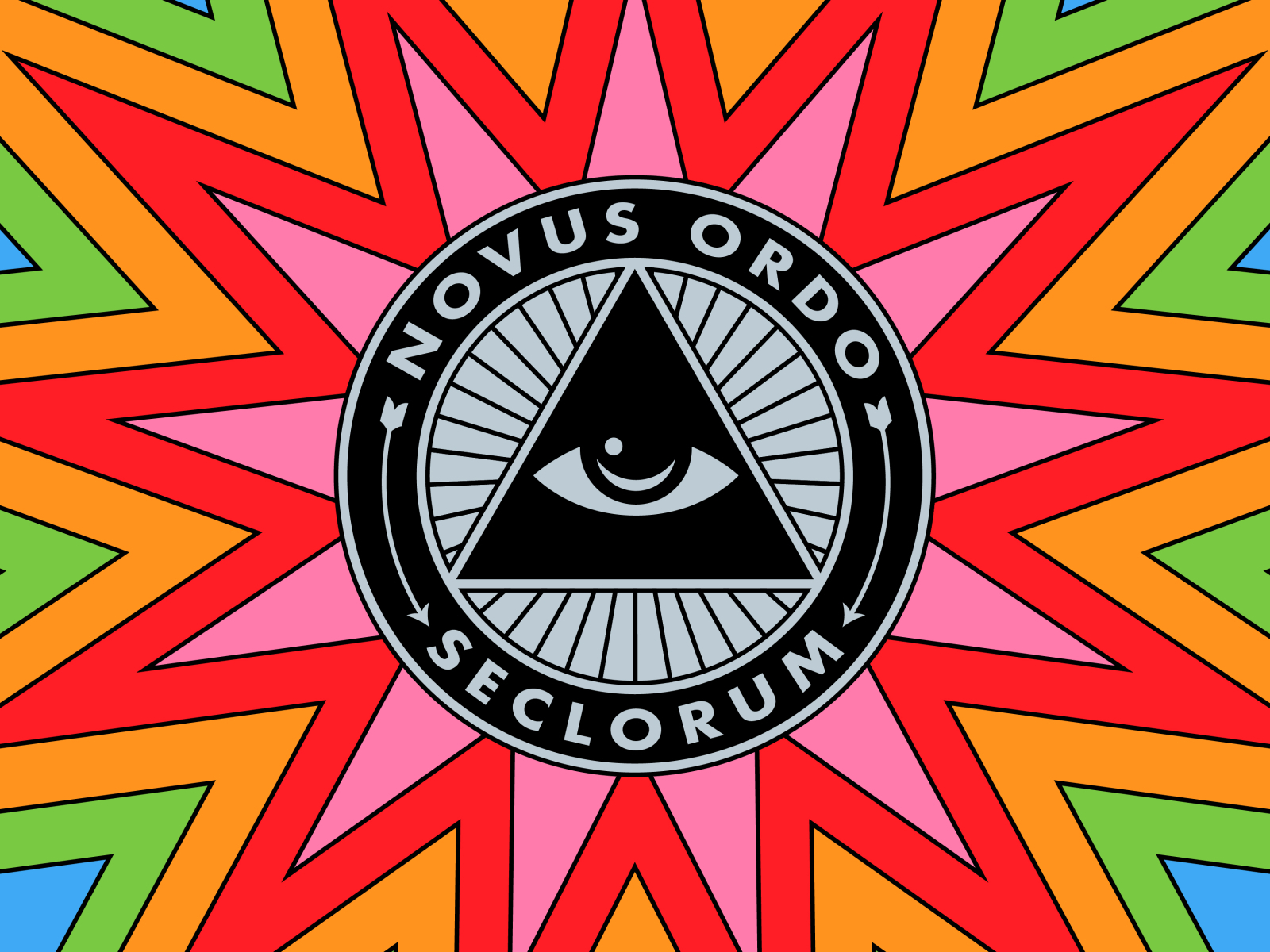New World Order: History, Meaning, and Controversies
The term "New World Order" has been used in various contexts throughout history, and its meaning has evolved over time depending on the context in which it is employed. Generally, this phrase signifies a significant change in the global political, economic, or social order. This article will delve into the historical background of the term, its different meanings in various contexts, and the contemporary controversies surrounding it.
I. Historical Overview
a. Post-World War I:
The term "New World Order" first emerged in the aftermath of World War I, expressing the hope for a more stable and peaceful world order after the devastating impact of the war.
b. Post-World War II:
Following World War II, the term resurfaced, particularly with the establishment of the United Nations and other international institutions aimed at fostering cooperation and preventing global conflicts.
c. Cold War:
During the Cold War era, the term was occasionally used to describe the ideological struggle between the Western democratic bloc led by the United States and the Eastern bloc led by the Soviet Union.
II. Modern Usage and Controversies
a. In the Context of International Relations:
The term "New World Order" is legitimately used in discussions about international relations, global power balances, and changes in international cooperation. It emphasizes the role of international institutions in solving global issues and maintaining peace.
b. In the Context of Conspiracy Theories:
However, in recent times, the phrase has become associated with conspiracy theories, suggesting secretive and powerful elites manipulating global events for their own interests. This has led to diverse interpretations and controversial associations.
The term "New World Order" has traversed a broad historical spectrum, evolving in meaning and application. While it initially symbolized a desire for a more harmonious world, it has taken on darker connotations in certain circles, characterized by suspicions of clandestine agendas. The interpretation and impact of this term will continue to evolve, shaped by the contexts in which it is used and individual perspectives.
Novus Ordo Seclorum!
"Novus Ordo Seclorum" is a Latin phrase that can be translated to English as "New Order of the Ages." This phrase appears on the reverse side of the Great Seal of the United States and is prominently featured on the back of the U.S. one-dollar bill. It carries historical, philosophical, and symbolic significance.
1. Historical Context:
The phrase was adopted by the Founding Fathers of the United States and is closely associated with the formation of the new nation. It was suggested by Charles Thomson, the Secretary of the Continental Congress, and was intended to reflect the idea of a fresh start, a new era for the fledgling United States, free from the monarchic rule of the past.
2. Philosophical Interpretation:
The use of Latin, a classical language, gives the phrase a sense of timelessness and classical authority. "Novus Ordo Seclorum" implies a departure from the old order, embracing a new and enlightened era. The Founding Fathers sought to establish a republic based on democratic principles, breaking away from monarchical systems that dominated European history.
3. Symbolism on the Great Seal:
On the reverse side of the Great Seal, "Novus Ordo Seclorum" is positioned above an unfinished pyramid with the Eye of Providence (a symbol of divine providence) above it. The pyramid symbolizes strength and duration, while the Eye represents the watchful eye of a higher power overseeing the nation's destiny. This symbolism reinforces the idea that the new order is guided by higher principles and values.
4. Interpretation in Modern Context:
In a modern context, "Novus Ordo Seclorum" is sometimes invoked to express the ongoing evolution of American society and its commitment to democratic principles. It serves as a reminder of the nation's foundational ideals and the continuous pursuit of a just and enlightened society.
In summary, "Novus Ordo Seclorum" encapsulates the aspirational spirit of the United States at its inception, signaling a departure from old systems and the establishment of a new, enlightened order based on democratic principles. The phrase continues to be a symbol of the nation's commitment to progress and the pursuit of a just and harmonious society.








































